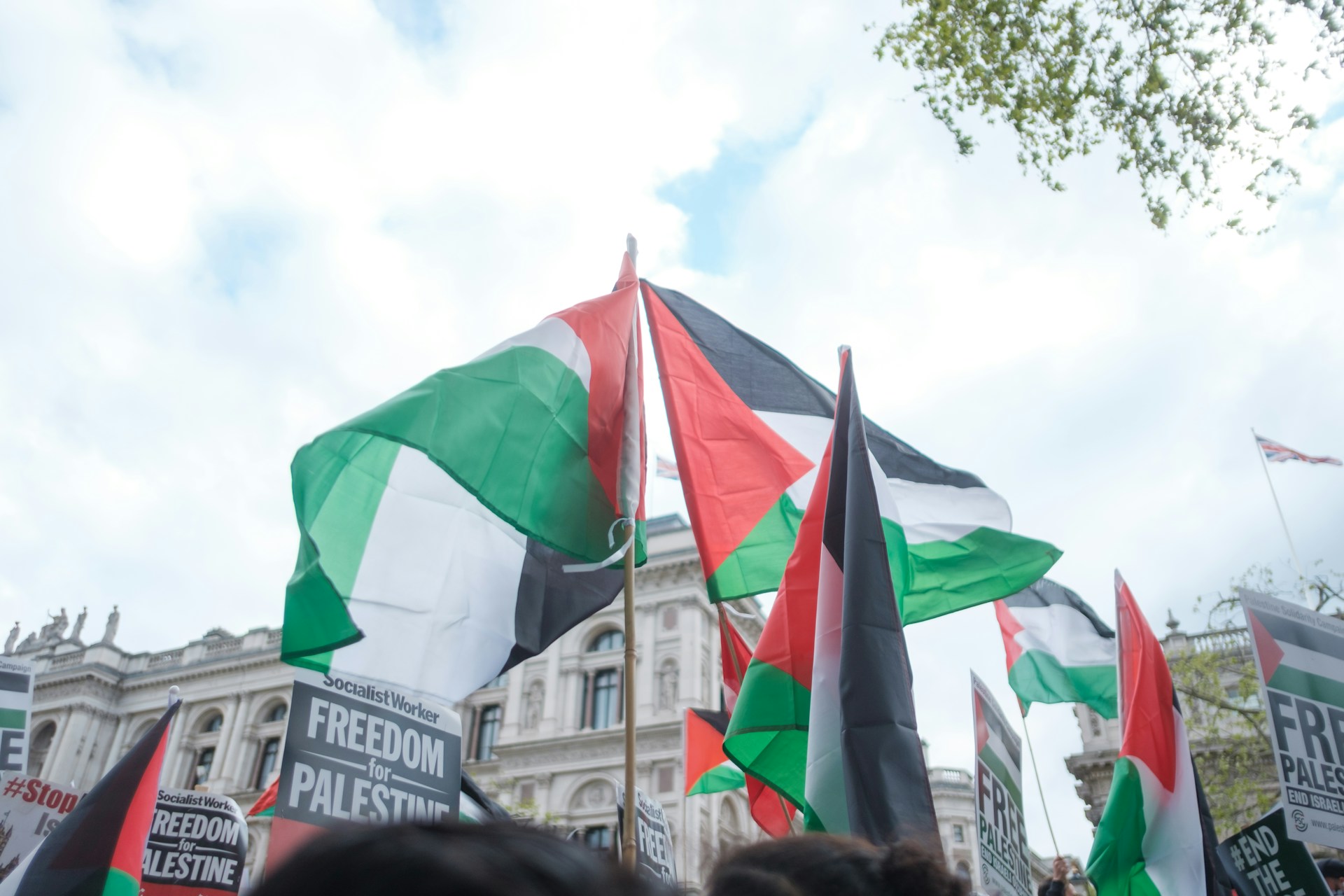Recognizing Antisemitism While Supporting Palestinian Rights

Antisemitism is on the rise again, a stark reminder that some prejudices refuse to disappear. However, advocating for Palestinian rights is not antisemitic—despite how often the two are unfairly conflated.
The Reality of Rising Antisemitism
Like stubborn weeds in a garden, antisemitism keeps resurfacing no matter how often it’s uprooted.
Every time it seems we’ve made progress, antisemitism reemerges, reminding us how deeply it is ingrained. Take any major event in recent history—the pandemic, the 2016 election of Donald Trump, the 2008 financial crisis—and you’ll almost always find a corresponding spike in antisemitism.
The events of October 7 and the subsequent large-scale conflict sparked another wave of antisemitism. This time, however, the picture grew even more complicated. The truth is this: legitimate criticism of Israel’s actions and hateful rhetoric rooted in antisemitism toward Jewish people are fundamentally distinct, with the latter being completely and unequivocally unacceptable.
Palestinian Advocacy
Worldwide protests against Israeli violence that demanded a ceasefire are driven by one clear motivation: the unprecedented and devastating scale of death and destruction the IDF continues to inflict on innocent civilians in Gaza. Unfortunately, many critics are quick to label these protests as "antisemitic," dismissing any opposition to the actions of Israel’s far-right government with the same accusation.
This approach not only weaponizes a real and serious prejudice, but it also trivializes its gravity and the real-world harm it causes.
weaponizing antisemitism trivializes its gravity and the real-world harm it causes
That said, it is true that amidst the wave of anger and frustration over Israel’s actions, some protests and speakers have occasionally invoked antisemitic tropes. Such behavior is entirely unacceptable and deeply disrespectful to the Jewish community. As advocates for peace and justice, we unequivocally condemn these incidents.
Are Palestinian and Jewish Rights Mutually Exclusive?
Many seem to think so, as illustrated by this personal experience.
Recently, on a nice summer afternoon, I was approached by a friendly member of the community who noticed my "Free Palestine" bumper sticker. She explained that she is Jewish and had many close friends in Israel and at one point said "it hurts to see your bumper sticker, because of what that implies about my people."
Her statement, while obviously sincere and coming from a place of genuine concern, left me stunned. And she is not alone in this faulty rationale: freedom and self-determination for the Palestinian people inherently imply harm and danger to the Israeli people.
More widely, the same calculus has been applied to another protest slogan: "from the river to the sea, Palestine will be free." This slogan has been criticized as antisemitic and as a call to commit mass genocide against Jewish people, when in reality it is a simple call for the freedom of Palestinians who live between the sea (the Mediterranean sea) and the river (the Jordan River), and there are millions of Palestinians living between these two bodies of water who do not enjoy freedom or self determination.
How to Find Our Common Humanity
The Jewish People have a very rich and beautiful history, but unfortunately that history has been scarred by centuries of persecution and discrimination. As a Palestinian, there is probably nothing that I can say that is adequate enough to express grief for this long painful history of suffering and the heinous violence that Hamas, an extremist organization that oppresses Palestinians too, committed on October 7, 2023. But it does not follow that the subsequent suffering of the Palestinians and the unfathomable scale of death and destruction happening in Gaza this very moment is justifiable.
Just as we unequivocally acknowledge the painful history of the Jewish people and their right to self-determination, dignity, and freedom from persecution, we also need to acknowledge the humanity of the Palestinians and their human right to live a free and dignified life as well.
The humanity of the two people is not mutually exclusive but rather bound together. It is affirming, healing, and the only true path forward.
The humanity of the two people is not mutually exclusive, but rather bound together. It is affirming, healing, and the only true path forward.

